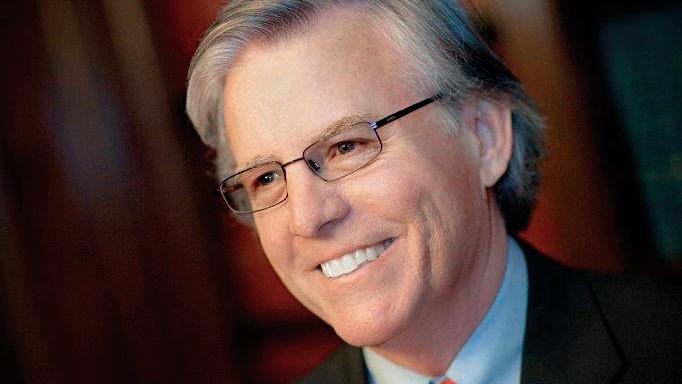By Craig Reger
“Inflation is when you pay fifteen dollars for the ten-dollar haircut you used to get for five dollars when you had hair”. Sam Ewing, author.
This quote could have applied to me over my 48 years of thinning hair, but it didn’t. On December 2, my mother retired after 50 years of cutting hair. She hung up her famous scissors much like when Usain Bolt hung up his track shoes earlier this year. Some women define trauma as a bad haircut, trauma for me will be when I have to pay for my next haircut. Free haircuts have come to an end. For all you stylists out there, send me your best offer, I am taking haircutting proposals. Their will have to be household budget cuts elsewhere to handle the future expense. Furthermore, how will I know all the family gossip and social dirt that I would get when under the scissors in the hair chair? Political operatives have been known to get more accurate polling data from the hair chair on a busy Saturday morning when all the older women would come in for a cut and color while gossiping and opining on local and national hot topics. The infamous OJ Simpson once was under my mother’s scissors in the 1970’s. Among other atrocities, bad tipper.
The microeconomics of a hair salon truly encapsulate the finite world of economics. One hair chair allows for a fixed amount of clients. Client volume can fluctuate on a day to day basis, but there is a client and income ceiling for one chair in one salon. Income growth doesn’t occur infinitely on a straight path upward, for many reasons, and the salon owner adjusts for these cyclical machinations. The same finite theory holds true for the U.S. economy and stock market. The owner of a salon has a claim on future cash-flows as does the stockholder of General Electric. Whereas, the GE shareholder has only a claim on future wealth in the form of dividends and potential stock price appreciation, the salon owner realizes daily cash-flow and wealth creation. Each example of cash-flow claims has its own set of business risks. Jeff Immelt recently retired from the position as CEO of General Electric and the stock promptly dropped twelve dollars a share after the new CEO announced important structural changes to GE that reflect the true nature of the current business risks GE is facing. GE is a widely held company, but not by me. If you didn’t sell your GE stock before the CEO transition, some of the wealth you thought you had is now gone.
There are obvious differences between Jeff Immelt and my mother. One is that my mother’s stock didn’t collapse once she retired, it actually went up.





















